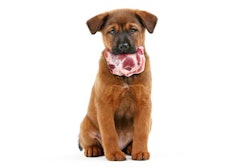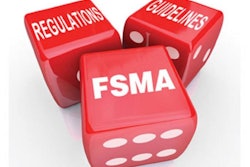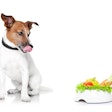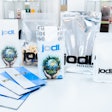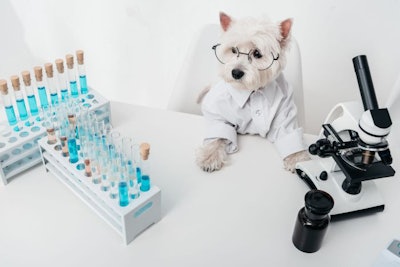
“Should pet food formulators supplement dog foods with taurine to avoid concerns over dilated cardiomyopathy (DCM)?”
In response to that audience question, all three members of the Petfood Forum 2019 panel discussion on DCM agreed one after the other.
“Yes…yes…yes,” they said, chuckling at their repetition of a simple answer to a complex question.
DCM is indeed a complex question, and scientists have few solid explanations. The panelists agreed on that too.
U.S. Food and Drug Administration agents have recorded 290 cases of DCM in dogs in the country as of November 11, 2018. Although grain-free dog diets correlated to these DCM reports, many more dogs who ate the same foods for years never suffered any ill effects. Why do thousands of dogs with similar breeds and lifestyles have no heart problems on grain-free diets heavy in legumes or potatoes, while their conspecifics suffer heart problems? The panel had no more answer to that question than the federal government does.
Similarly, researchers don’t know why the cases of DCM started appearing in the past few years, although the grain-free trend is a decade old.
Taurine supplementation of dog food to avoid DCM
Despite the confusion, at least there’s a straightforward, if stopgap, solution. Taurine supplementation may reduce the risk of dogs developing DCM. A similar strategy keeps DCM at bay in cats. Cats can’t synthesize their own taurine, so cat food has to provide it, just as prey used to for the felines. Scientists thought dogs were capable of synthesizing taurine, although a few breeds such as Golden Retrievers are prone to DCM. Now, no one is 100% sure why some dogs seem to have problems with the metabolic pathway involving taurine, or if that is even the actual case.
While scientists struggle to understand the biology of it all, grain-free pet food formulations may benefit from a taurine boost as a cover-your-tail measure.
DCM update panel discussion members:
- Jennifer Adolphe, PhD, nutrition manager for Petcurean Pet Nutrition
- Chris Marinangeli, PhD, director of nutrition, scientific and regulatory affairs for Pulse Canada
- Anna Kate Shoveller, PhD, assistant professor, Department of Animal Biosciences, at University of Guelph




